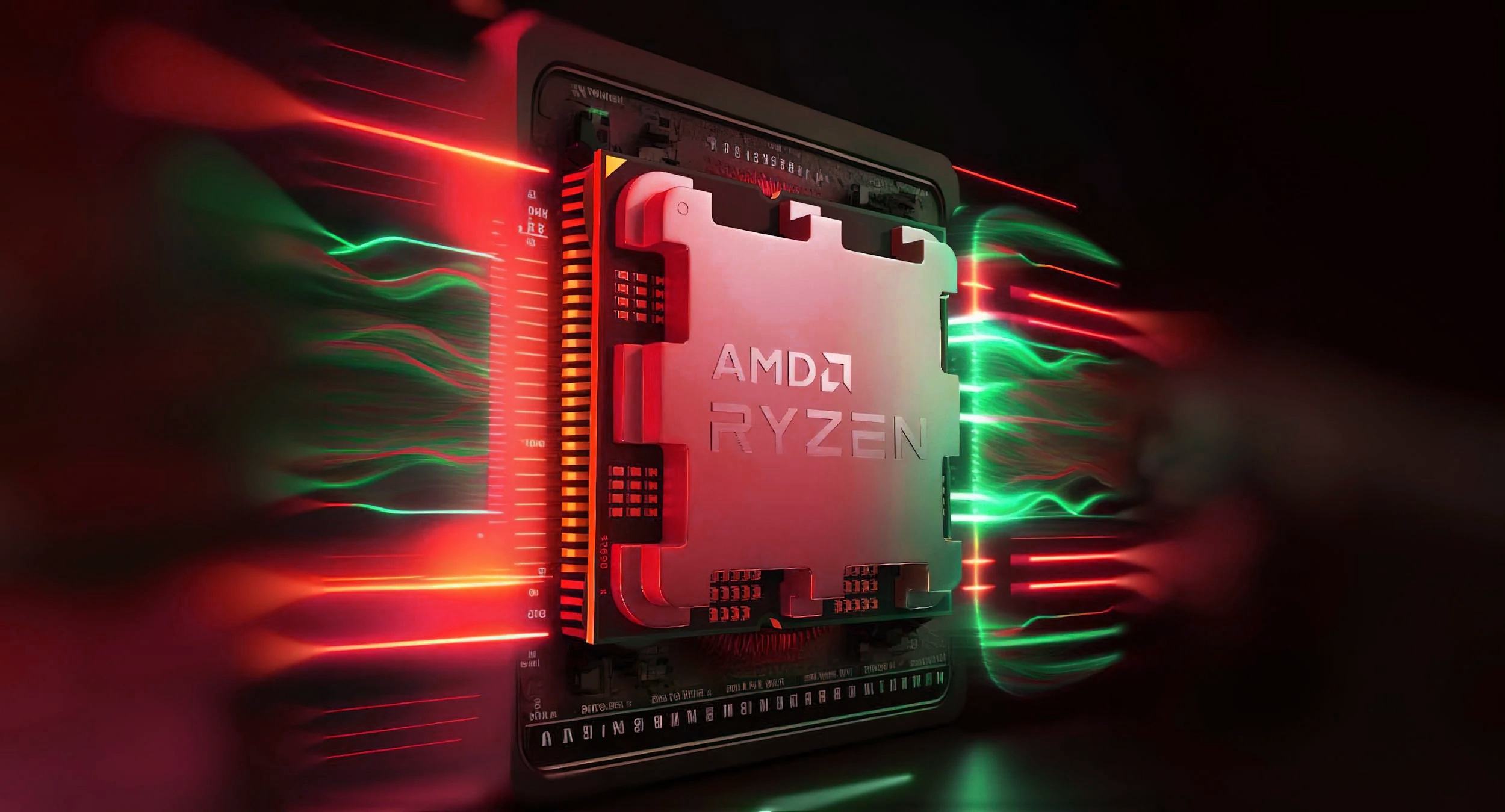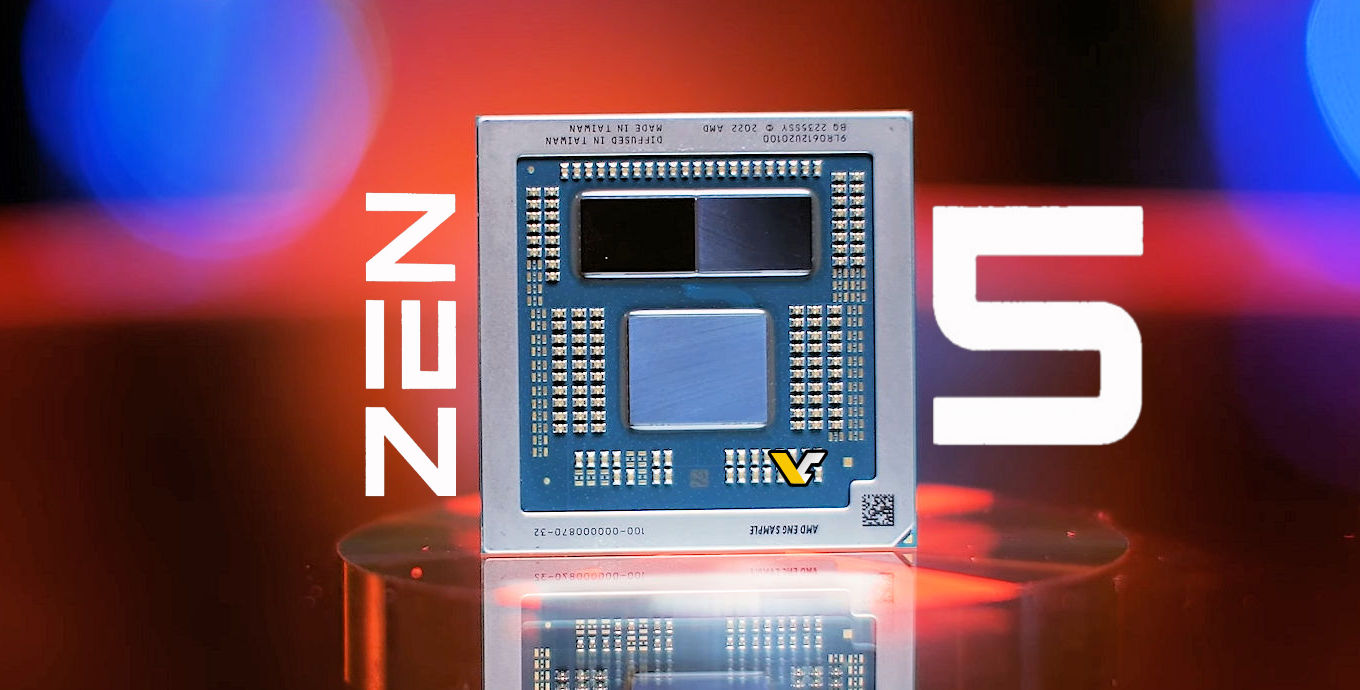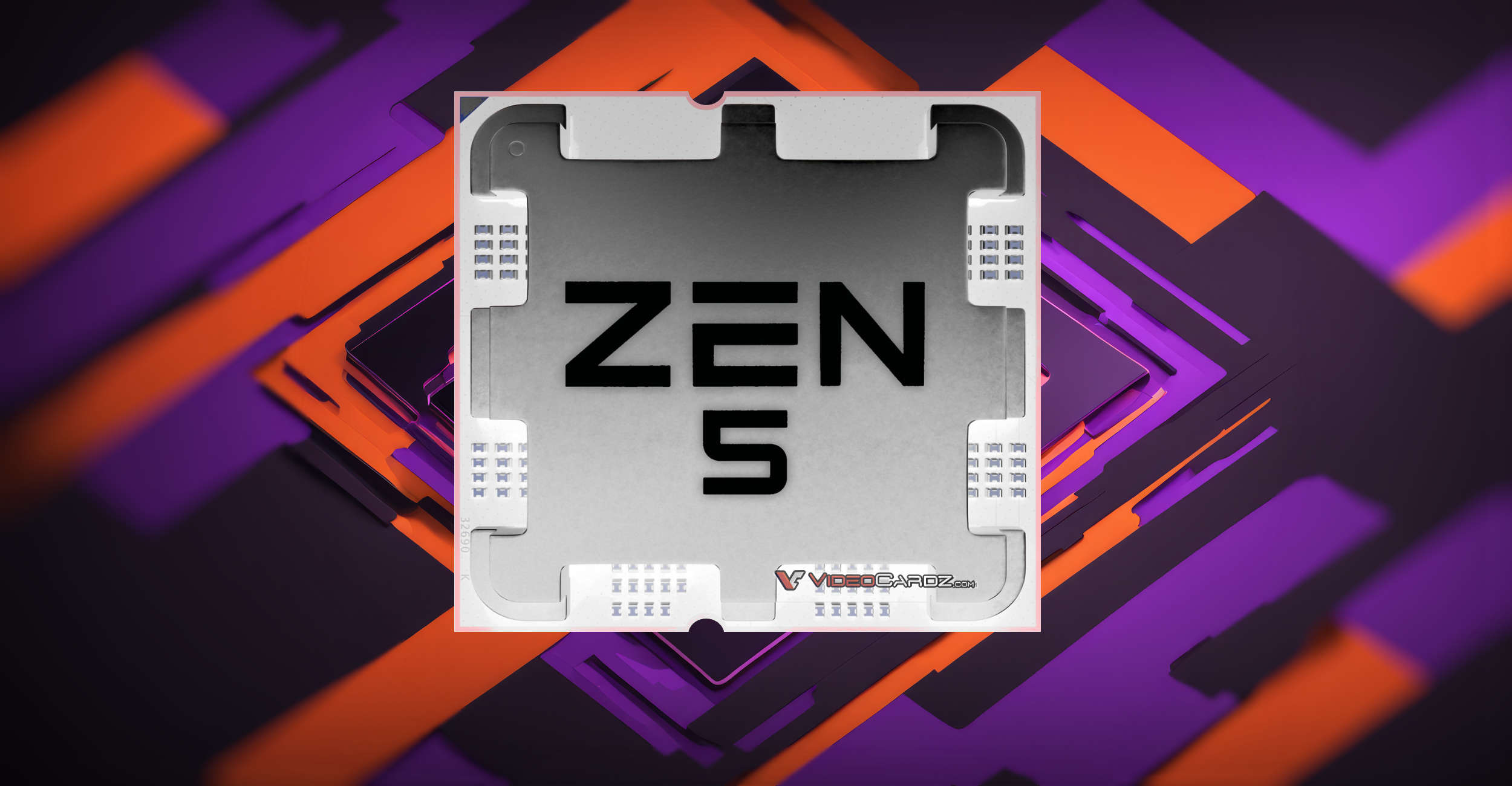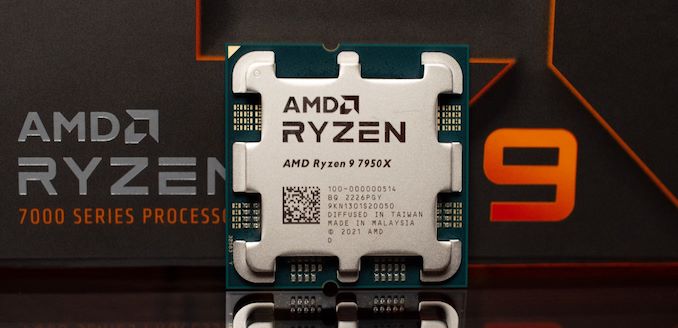I'll start!
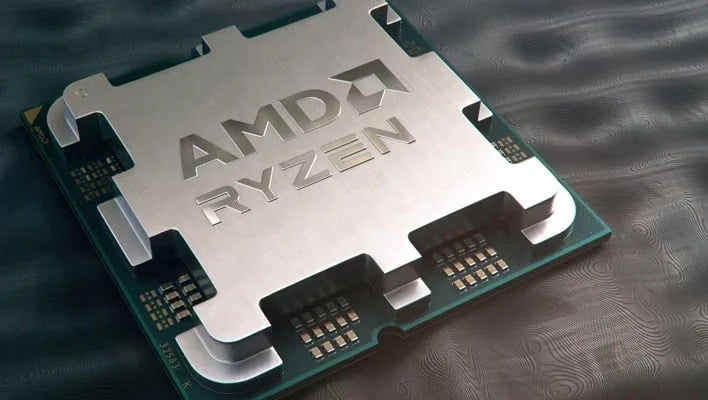
 hothardware.com
hothardware.com

Ryzen 8950X Zen 5 CPU Benchmark Scores Allegedly Break Cover And They're Really Good
Some purported processor benchmarks have appeared, and we take a look at the scores to see how they stack up.
More in the article....Comparing the numbers that RedGamingTech (RGT) gives for the Ryzen 9 8950X, we see between a 12% and 21% increase in single-threaded Geekbench 6, while the multi-threaded benchmark gain is larger, between 18% and 40%. The variance here comes down to the range of available benchmark results in the Geekbench database; if we use the numbers on the official Geekbench CPU charts, it's 16% single-thread and 25% multi-thread.
